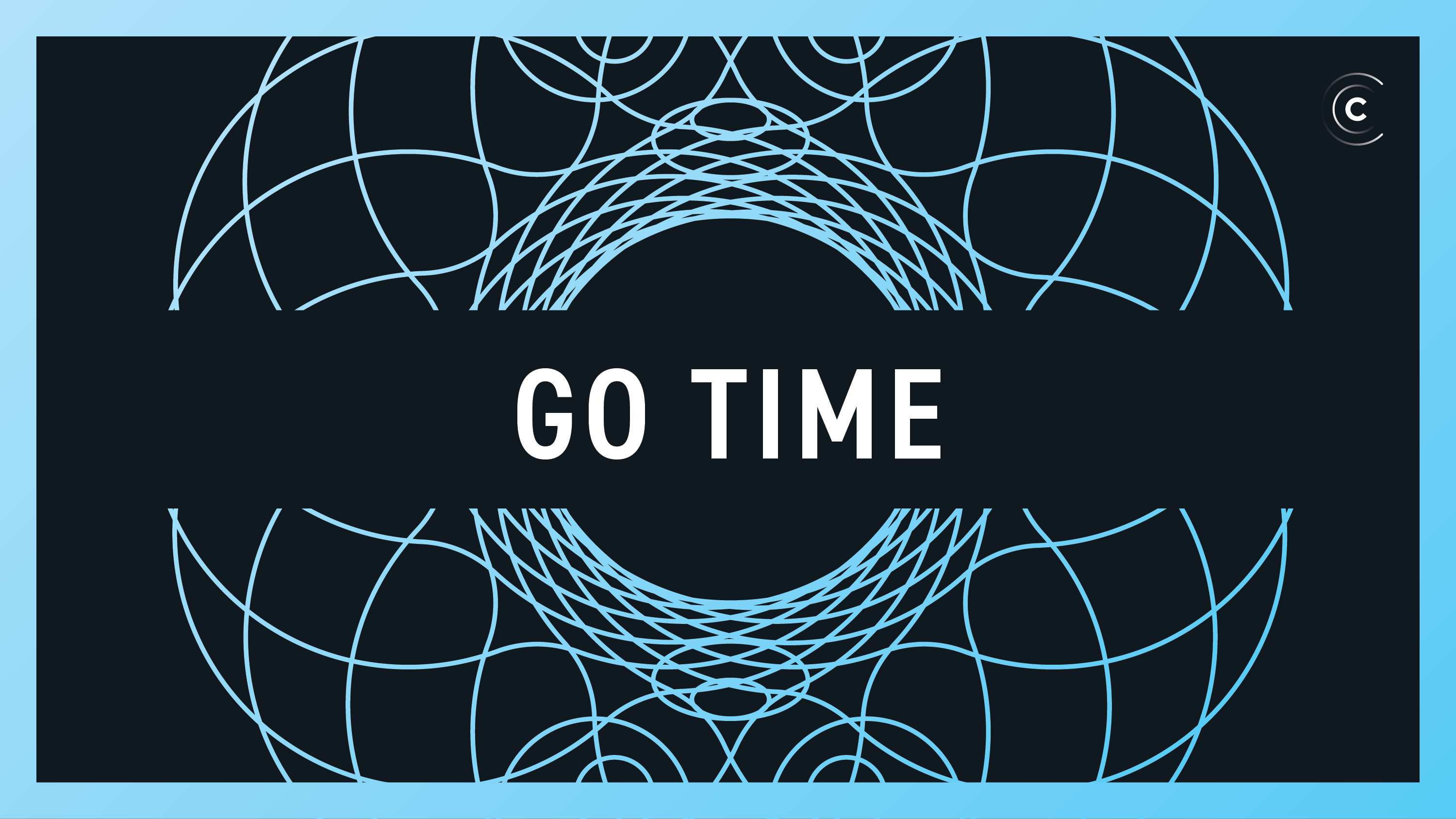Post details
Website of David Revoy (aka Deevad), artist and instructor using only Free/Libre and Open-Source software since 2009.

Website of David Revoy (aka Deevad), artist and instructor using only Free/Libre and Open-Source software since 2009.

We need more of Richard Stallman, not less écrit par Ploum, Lionel Dricot, ingénieur, écrivain de science-fiction, développeur de logiciels libres.

FOSS licenses come in two approaches. The distinction is _who_ is granted the most freedom: - in "copyleft" licenses the emphasis is on the end-user, ensuring that they are _always_ passed the four freedoms; - in "permissive" licenses, the emphasis is on other developers/programmers, including allowing them to _not_ pass on the four freedoms. Is disappointing people still mistake this as being a difference between #FreeSoftware and #OpenSource because each has always supported both types.
I've been using GitHub since I was eleven years old. To be fair, I didn't really understand git at the time, but I was able to fumble my way through it...
In this episode, we’re joined by tech Lawyer Luis Villa to explore the question, who owns code? The company, the engineer, the team? What about when you’re using AI, Machine learning, GitHub Copilot… is that still your code?

I feel comfortable using legal jargon in everyday life.
Joyce Lin (@PetuniaGray)Fri, 15 Apr 2022 02:00 +0000
You'd think you wouldn't need people's permission to change from the WTFPL, since you can literally do whatever you want with it. github.com/BurntSushi/tom…🧗♂️ Matt Holt (@mholt6)Tue, 12 Apr 2022 18:22 +0000
The "MIT No Attribution" (MIT-0) License. Contribute to aws/mit-0 development by creating an account on GitHub.
Today we removed #JUnitPioneer's contributor license agreement (CLA). Why? A short 🧵 (1/10)Daniel Kraus (@beatngu1101)Sun, 27 Mar 2022 20:46 +0000
I'll be interested to see how it goes. I won't be doing anything with Parity licensed software myself, so I'll be watching from afar.Matthew S. Wilson (msw) (@_msw_)Fri, 21 Jan 2022 06:44 GMT
We went with the Parity license btw
Post details
So you’re building a platform and you want it to be community-owned and -developed. You mainly care about your own deployment and don’t really want proprietary competitors. What license do you pick?kat.rs (@zkat__)Thu, 20 Jan 2022 06:32 GMT
kat.rs (@zkat__)Fri, 21 Jan 2022 06:39 GMT
I would say that once you start having *other* people contributing and maintaining is not fully *yours* anymore?
Hugo Rodrigues (@hugorodrigues)Fri, 07 Jan 2022 03:32 GMT
Zach Weinersmith (@ZachWeiner)Tue, 21 Dec 2021 13:42 GMT
I ♥ contributing to Open Source. Signing a CLA gives me a sense of pride and accomplishment!Terence Eden (@edent)Mon, 29 Jul 2019 17:51 +0000
GPL force you to publish source code only if you distribute your version to the customer/client.
kost (@k0st)Mon, 19 Jul 2021 08:09 +0000
If your AI processes AGPL licensed source code and thereby incorporates it, is your AI code required to be released to the public? Roll 3d6 and hire that many lawyers.Post details
Anybody else wandering how "machine learning" laundering of copywritten works is going to hold up in court? twitter.com/dmofengineerin…'jamin (@acdimalev)Thu, 08 Jul 2021 18:58 +0000
DM of Engineering (@dmofengineering)Thu, 08 Jul 2021 19:19 +0000
Does https://tldrlegal.com/ help maybe?
There’s a miniature licensing storm going on in the Rails world right now. It transpires that a Rails dependency has been using a file from a GPL licensed lib, the de facto implication is every app using Rails would need to be GPL (e.g. open source). github.com/rails/rails/is…Paul Campbell (@paulca)Wed, 24 Mar 2021 16:06 GMT
But when it gets right down to it, if permissive open source is free candy, copyleft is a free puppy. If you want a puppy, a free one is great. If you don’t want a puppy, receiving a free one by surprise can be costly and awkward.
A very interesting read on choosing a license to protect the author's income, which I get, although realistically (at least) the AGPL has been written to ensure that the end users always get the code, not that the authors are protected.
Licensing is hard, especially when projects you use want to protect their end users and have gone for strong copyleft licenses like the GPL/AGPL
Take Take Take: Rethinking How I Consume Free and Open Source Software (4 mins read).
Thinking about how I should be contributing back to the projects I rely on so heavily, both financially and with my own contributions.
Proposing a Microformats2 Markup for Licensing Information (7 mins read).

Some recommendations for how to mark up licensing information with Microformats, for making license information machine-discoverable and machine-readable.
This is a resource I've used time and time again for getting straight-forward explanations of Free and Open Source licenses - I shared it in chat.indieweb.org the other day, so I thought I may as well share it here, too
Announcing support for posting notes to my website.
Welcome to my first https://indieweb.org/note ! Notes are short-form content that will be purely plain text (for now!) and are similar to tweets on Twitter or toots on Mastodon, but won't be size limited.
I've been wanting to creating other post types since starting to use https://indieweb.org/Microsub and having a social feed. I've found that I want to interact with other posts, such as like or repost others' content, much as I would do with Twitter.
Discoverability of notes currently aren't super amazing, but I'm tackling it as part of https://gitlab.com/jamietanna/jvt.me/issues/457 because adding these post types was a large enough piece of work.
With this note, I'll now be able to https://indieweb.org/bookmark , https://indieweb.org/like , https://indieweb.org/reply , https://indieweb.org/repost , and https://indieweb.org/rsvp .
RSVPs are an interesting one, because the end goal I want is for my RSVPs to be syndicated from this site to i.e. Meetup.com.
I'm hoping to work on bringing https://indieweb.org/Micropub support to this site, too, but as it's a static site with https://gohugo.io and hosted on https://gitlab.com with a full build/test/deploy pipeline, it'll be a little less straightforward, and slower, than other solutions.
I've designed the content schema to be Micropub-first, as I want to be writing these posts using a Micropub client, rather than my usual workflow. I've made the source files JSON files (which Hugo natively supports) which makes them easily machine writeable - hopefully it'll teach me to prioritise my Micropub support so I don't have to manually write JSON!
In terms of licensing, I'm going to start by them in line with my posts, as http://creativecommons.org/licenses/by-nc-sa/4.0/legalcode , but down the line I may look at other licenses.
Being More Explicit on Content Licensing (3 mins read).
Why I'm re-licensing the code snippets and post content on my site is, and how I'm making it more obvious.
You're currently viewing page 1 of 1, of 40 posts.